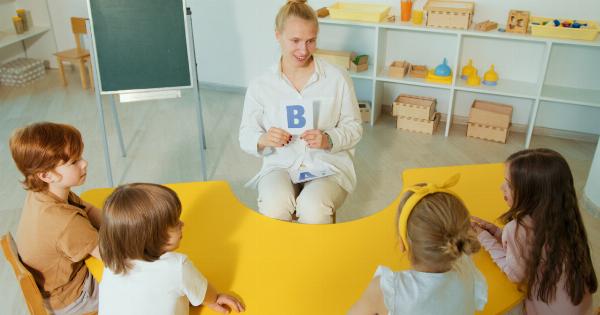Childhood friendships are often viewed as temporary and insignificant, but research has shown that these relationships have a lasting impact on a person’s life.
Friendships in early childhood have the power to shape a child’s personality, social skills, and emotional well-being. In this article, we’ll explore the benefits of childhood friendships and how they can shape a person’s lifelong journey.
The Social Benefits of Childhood Friendships
Friendships in childhood are important for several reasons. Children learn valuable social skills through interactions with their peers, such as empathy, cooperation, and communication.
These skills are essential for success in both personal and professional relationships later in life.
Children with strong friendships in childhood are more likely to form lasting relationships in the future. The ability to form close connections with others is an essential part of building a fulfilling life.
The Emotional Benefits of Childhood Friendships
Childhood friendships also provide emotional benefits. Friendship offers a sense of belonging, which is essential for a child’s emotional well-being.
Research has shown that children who feel a sense of belonging are less likely to experience depression and anxiety.
Friendship also provides opportunities for play and exploration, which is important for a child’s psychological development. When children play together, they learn how to negotiate, compromise, and share.
These skills build a strong foundation for future relationships and enhance emotional intelligence.
The Impact of Childhood Friendships on Adult Life
Childhood friendships have a lasting impact on a person’s life. The social and emotional skills learned in childhood shape a person’s ability to form lasting relationships in adulthood.
Studies have shown that adults with strong social support systems are happier, healthier, and live longer than those without.
Childhood friendships also shape a person’s self-esteem and self-worth. Friends provide validation and support, which can boost a person’s confidence and sense of self-worth.
This can be especially important during difficult times, such as job loss or relationship problems.
Cultivating Healthy Friendships in Childhood
Parents can play an important role in cultivating healthy friendships in childhood. Encouraging children to socialize with peers, arranging playdates, and providing opportunities for group activities are all ways to foster strong friendships.
Teaching children social skills, such as sharing and cooperation, is also important. Parents should model healthy social connections and provide guidance when conflicts arise.
The Importance of Diversity in Childhood Friendships
It is important for children to form friendships with people from diverse backgrounds. Exposure to people from different cultures and experiences can broaden a child’s perspective and enhance their social and emotional development.
Parents should encourage their children to form friendships with people who have different interests, abilities, and backgrounds. This can be in the form of joining clubs or teams, attending cultural events, or volunteering in the community.
When Childhood Friendships End
Not all childhood friendships last into adulthood. Friendships may end due to relocation, changes in interests, or conflicts.
While it can be difficult to lose a childhood friend, it is important to recognize that friendships, like all relationships, are not always meant to last forever.
Parents can help children navigate the loss of a friendship by providing emotional support and helping them understand that relationships change over time.
Encouraging children to form new connections and explore new hobbies and activities can help them recover from the loss of a friendship.
Conclusion
Childhood friendships are powerful and have a lasting impact on a person’s life. By cultivating healthy friendships in childhood, parents can set their children on a path to social and emotional success in adulthood.
Encouraging diversity in childhood friendships and providing emotional support when friendships end are also important ways to help children build healthy social connections.































